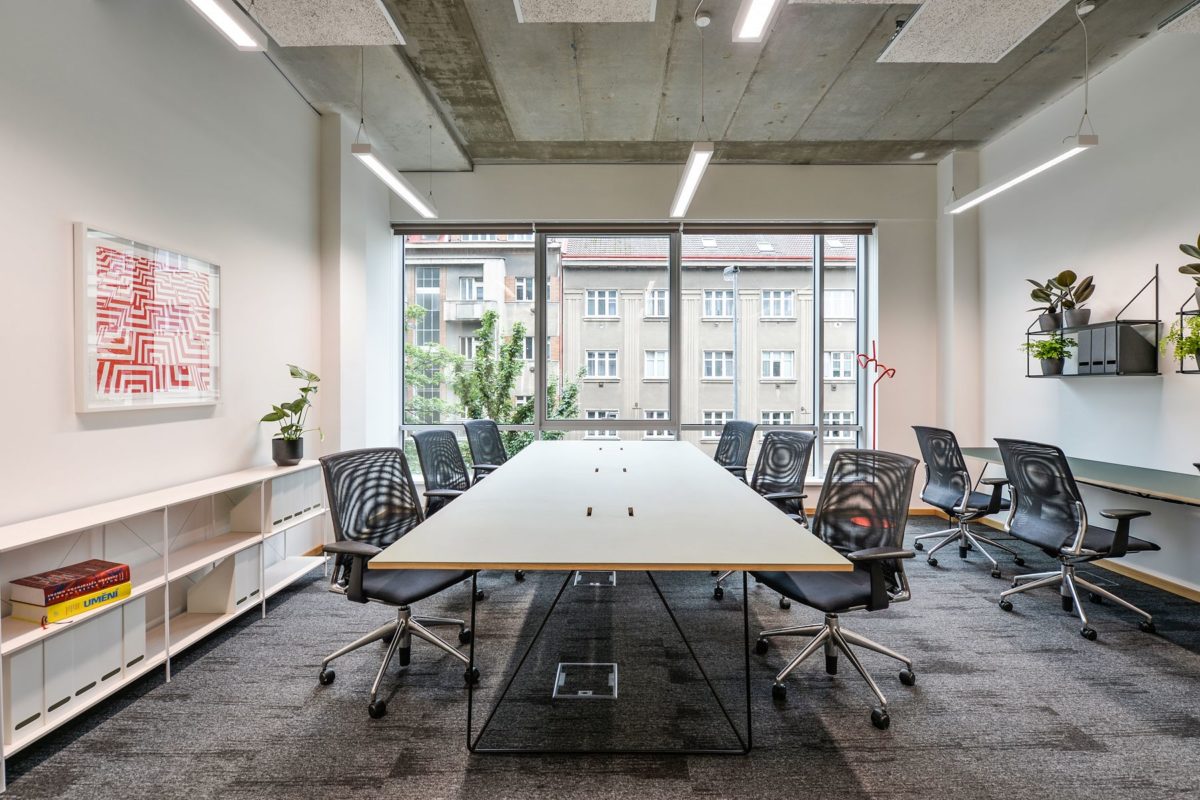The current situation on the office market, disrupted by the effects of the pandemic, has actually worked in the favor of offices with flexible lease terms and updated relevant services. In the future, many companies won’t be seeking multi-year lease agreements and will prefer furnished offices offering flexible lease solutions that allow them to respond to economic fluctuations quickly and efficiently.
With the onset of the pandemic, most companies have allowed their employees to work from home and the latest research shows that some employers will make increased use of home office options even after things return to normal. Therefore, a hybrid mode is likely the best solution going forward, since employees can choose to work remotely on some days and at the office on others. The JLL survey revealed that by 2030 30% of all offices will be flexible workspaces, where companies will lease space for some of their employees, specialized teams, or people working on ad hoc projects.
“In the current situation, companies have introduced orders to work from home, or on a part-time company office/home office basis. They claim that this way of working has been proven successful over the last six months and that most employees quickly got used to the new conditions and have even worked more efficiently, or at least as efficiently, as before the pandemic. These companies will likely not have a reason to change their current work options and will create additional shared workspaces instead of permanent ones. Today, many companies are trying to sublease their excess square meters and will probably want to reduce the floor areas they’re leasing in the next rental period,” says Jaroslav Waldhauser, Head of the Commercial Leasing Team at Svoboda & Williams. “Personally, however, I believe that working from home won’t work in the long run because it’s not effective enough and doesn’t help develop a company’s corporate culture, something that is essential for its sustainability. Most professions require an office environment and so, once the crisis is over, companies will reconsider this position,” he adds.
The disadvantages of working from home were exposed by the current extreme conditions. Some employees have complained about the lack of social interactions, the merging of their work and home lives, poor Internet connections, or little to no peace for work. These negative aspects have been a boon for the concept of flexible offices, which offer—unlike one’s living room—a stimulating and professionally equipped workspace. “Some clients that use our shared myhive Flexi Offices have children, but don’t have large homes and so don’t have space to work in peace. For these clients, working from home is quite literally a “mission impossible.” For this very reason, flexible offices that colleagues can share are an ideal solution for their employers. This way, employees can easily separate their work and home lives,” adds Marie Kantorová, Flexible Workspace Consultant at Offices Unlimited.
Tenants of myhive Flexi Offices and the other spaces in the portfolio of Offices Unlimited may take advantage of our Flexi Balance services. Created in response to the current situation and the desire of clients not wanting to be bound to a long-term lease agreement since they don’t know how long they’ll actually need their office, Flexi Balance offers a shortened notice period, a 30–40% discount on the offices, and a competitive daily rental price.
